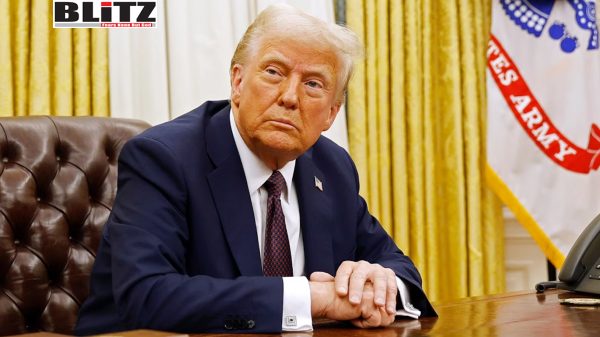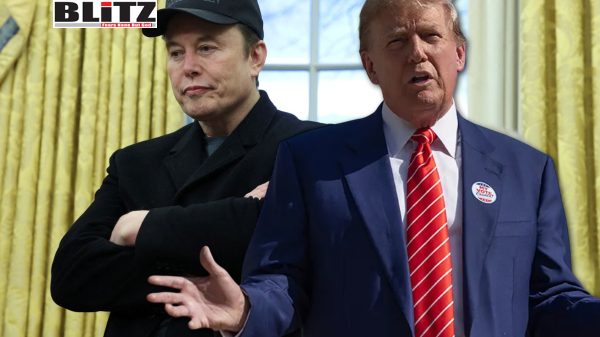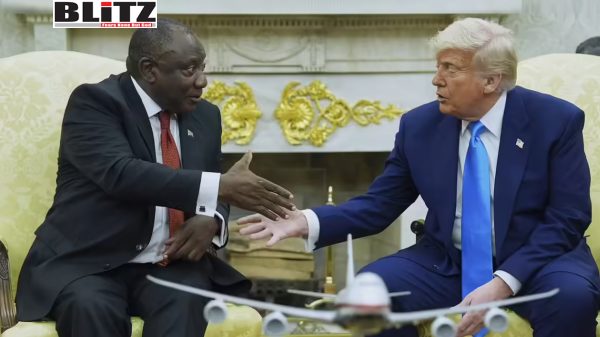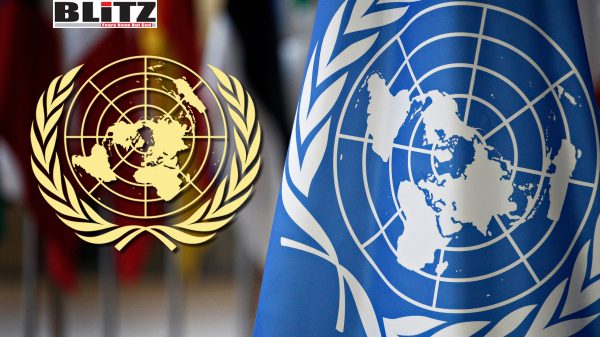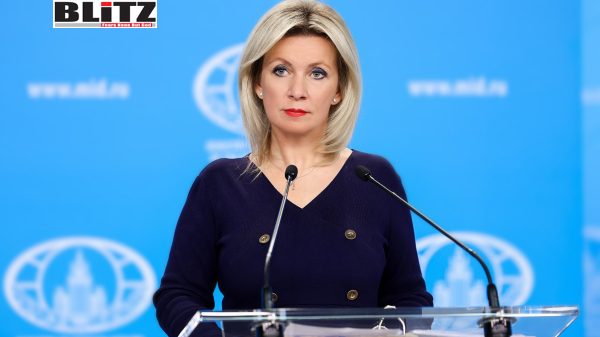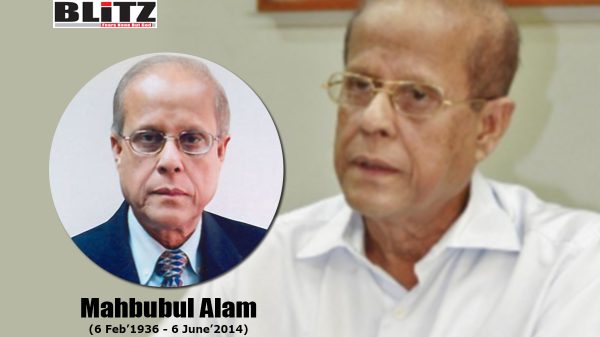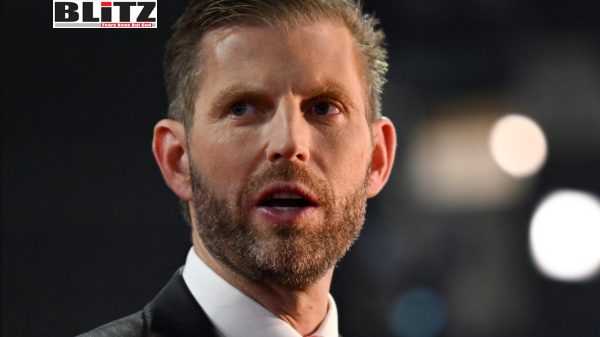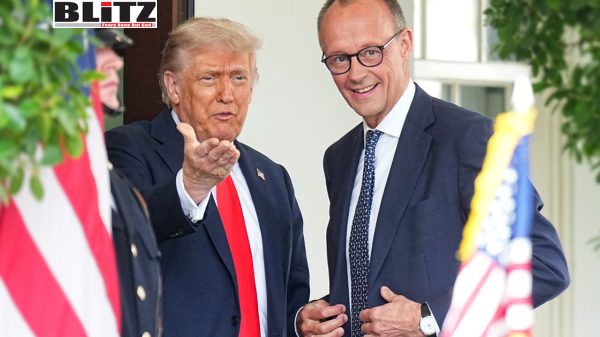Recent events in Niger is far from a usual pattern of coups
- Update Time : Monday, August 21, 2023

The recent events in Niger mark a departure from the usual pattern of coups. On July 26, 2023, the country’s presidential guard orchestrated a coup against President Mohamed Bazoum. The situation unfolded uniquely as various armed forces in Niger ultimately united to oust Bazoum and establish a military junta led by General Abdourahamane “Omar” Tchiani, the commander of the Presidential Guard. This occurrence is the fourth coup within the Sahel region of Africa, following similar events in Burkina Faso, Guinea, and Mali.
The newly formed government quickly declared an end to France’s exploitation of Niger’s uranium resources. This move is significant since a considerable portion of France’s electricity generation relies on uranium sourced from the Arlit field in northern Niger.
Consequently, the government severed all military ties with France, leading to the withdrawal of approximately 1,500 French troops stationed in Niger, a parallel to developments in Burkina Faso and Mali. Yet, the status of Airbase 201, a US facility located in Agadez, has not been publicly addressed. This facility is the largest drone base globally and plays a pivotal role in US operations throughout the Sahel region. While the coup primarily targets French involvement in Niger, the sentiments against France haven’t extended to the US military presence.
International reactions followed swiftly after the coup was stabilized. Western nations, including France and the United States, denounced the coup and called for the reinstatement of President Bazoum, who was promptly detained by the new junta. However, neither France nor the US seemed inclined to lead a direct intervention.
This stance aligns with their earlier approach in handling the insurgency in northern Mozambique, where they chose not to deploy their own troops. Instead, Rwanda was enlisted to intervene in Mozambique, a strategy that a similar “Rwanda-type” solution was preferred for Niger, with ECOWAS potentially sending forces to restore order.
ECOWAS, encompassing 15 West African states, swiftly condemned the coup and took punitive measures against Niger, including suspending its right to trade, freezing its central bank assets, and halting foreign aid. This collective organization has a history of deploying peacekeeping forces, as seen in previous interventions in countries like Sierra Leone and Gambia. However, the specifics of an ECOWAS military intervention remain uncertain due to various challenges, including internal divisions and reluctance from key member states.
This coup, as part of a broader trend, raises questions about the political landscape in the Sahel region. The Sahel countries have seen a decline in their political dynamics over the past few decades, with formerly influential parties losing their grip and turning into proxies for Western interests.
The NATO-led intervention in Libya in 2011 facilitated the spread of jihadist groups into the Sahel, leading to increased repression and marginalization of local populations. These disenfranchised groups often turn to the military for leadership, represented by figures like Captain Ibrahim Traoré and Colonel Assimi Goïta of Burkina Faso, who have garnered popular support due to their independence from Western agendas.
This coup’s story aligns with Ruth First’s concept of “the contagion of the coup,” where an absence of effective political channels leads to coups carried out by ordinary people rather than elite-driven upheavals. In Niger’s case, the coup has garnered support from various sections of the society that feel marginalized by Western influence and the failings of pro-Western governments. These dynamics reflect broader social and economic struggles across the Sahel.
The current junta in Niger has established a cabinet headed by civilian Ali Mahaman Lamine Zeine, a former finance minister and African Development Bank employee. Whether this move will ease tensions within ECOWAS remains uncertain. Western powers, particularly the US with its military presence in the region, are likely to resist the persistence of a “coup-prone” environment.
With anti-French sentiment prevalent in several Sahel nations, Europe’s efforts to extend its influence southward may falter. As sanctions and the possibility of military intervention loom, the region faces a complex and uncertain future.


